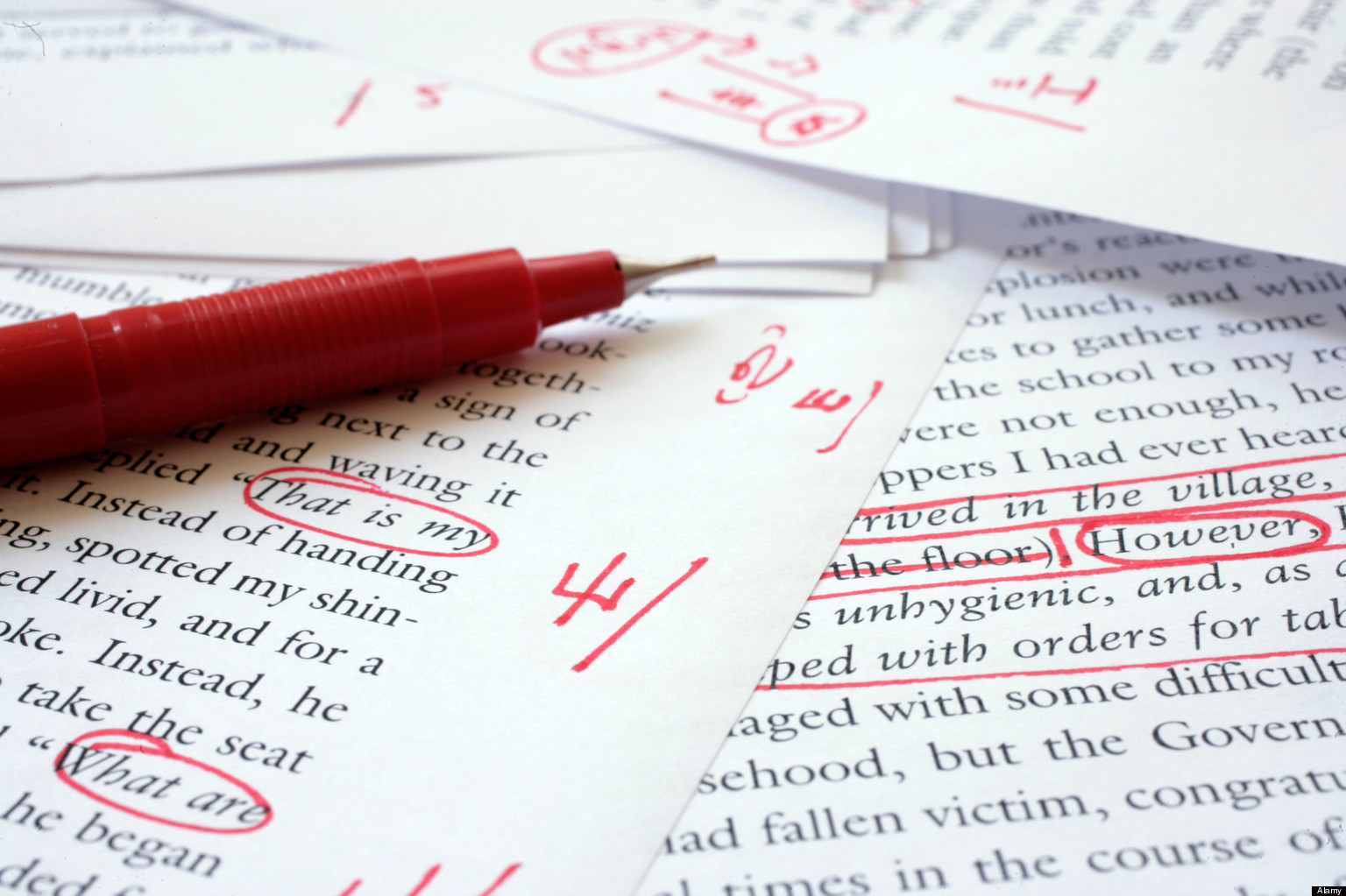So you’ve finished your latest, greatest piece of work. You’ve poured out your heart and soul to tell a grand adventure, impart wisdom to your readers, or simply set a record in writing. It’s perfect, unimpeachable, flawless! Then someone suggests an editor. It’s easy to take it personally, but suggesting an editor isn’t an insult (unless it’s a suggestion from Jan, that horrible woman from work, and she says it in that tone. She’s the worst though, don’t listen to her). The fact of the matter is that all writing can benefit from being looked over by a professional editor before it’s published. The reason is simple: objectivity.
 You may be thinking, “Hey, I’m smart, I can edit it myself!” Again, hiring an editor doesn’t mean you aren’t a smart, thorough, talented writer. The problem is simply that as the author, you’re too close to the work; too well-informed of the intention of each sentence, paragraph, and plotline. Not to mention that by the time you’ve finished writing a book it feels like your baby, which makes it very hard indeed to look at it without bias and admit where improvements could be made. An editor will read through your work and tell you honestly if something needs work, be it a plot hole, missing context, a confusing passage, or just a segment that needs punching up. It’s difficult to catch these things as the author because the story came out of your head—of course it makes sense to you. Maybe you forgot to mention that your hero, Bruce Zayne, chose to become RaccoonMan because of a childhood incident involving raccoons. You’d never think twice about it, because that background knowledge is already swirling around your head. But your reader would be left with a lot of questions.
You may be thinking, “Hey, I’m smart, I can edit it myself!” Again, hiring an editor doesn’t mean you aren’t a smart, thorough, talented writer. The problem is simply that as the author, you’re too close to the work; too well-informed of the intention of each sentence, paragraph, and plotline. Not to mention that by the time you’ve finished writing a book it feels like your baby, which makes it very hard indeed to look at it without bias and admit where improvements could be made. An editor will read through your work and tell you honestly if something needs work, be it a plot hole, missing context, a confusing passage, or just a segment that needs punching up. It’s difficult to catch these things as the author because the story came out of your head—of course it makes sense to you. Maybe you forgot to mention that your hero, Bruce Zayne, chose to become RaccoonMan because of a childhood incident involving raccoons. You’d never think twice about it, because that background knowledge is already swirling around your head. But your reader would be left with a lot of questions.
The same idea applies to basic proofreading, too. It’s easy to overlook a typo, misspelling, or a missing word when you already know what the sentence should say. But your reader doesn’t see what you meant to say, they see what makes it onto the page. Your word processor can only do so much for you here. While it will tell you if you’ve spelled raccoon wrong, the sentence “Bruce toppled headfirst into a whole full of angry raccoons” will slip right by. And when it comes to names or places—words that a word processor doesn’t already know—you’re on your own to make sure they’re spelled consistently throughout.
So maybe you’re thinking, “Fine, I’ll just have my wife/neighbor/butcher/friendly local engineer look it over!” First off, definitely don’t ask the engineer. You’ll end up with an untouched manuscript, held together by a newly invented binder clip that can withstand the force of a black hole. You may not realize it, but editing is a specialized field. A professional editor is constantly aware of changing style guide rules, deeply familiar with tricky grammar and punctuation traps, and keenly trained to hunt for every tiny error (it’s why we always have to point out typos on every menu, newspaper, or Facebook post we see. Always taking work home with us, you know?). Beyond that, editors are not afraid of hurting your feelings. While that doesn’t necessarily sound like a good thing, imagine you’ve asked your neighbor to edit your novel. He’ll red-pen every typo he finds, but when he gets to a section that drags a little too long, he thinks, “Should I tell him this part’s boring? Ugh, then he’ll get offended and never let me borrow his hedge-trimmer again. It’s fine, I guess.” The lackluster section goes unchanged, and your readers are left losing interest. By contrast, an editor has no bias, and will tell you honestly that the passage needs work and offer suggestions for improvement. Your reader ends up with a better, more engrossing book in their hands.
That’s what an editor’s goal is at the end of the day: to make sure your story is the best it can possibly be before it becomes a book in your hands. That’s why editors are a great asset—they want the same thing as you!
* * *
 Jacki has been editing professionally since completing her study of the English language at Virginia Commonwealth University in 2012. She has been an Inkwell Book Co. editor since 2013. From memoirs to fiction to fantasy, she can’t resist a good story, and can usually be found at her rural Virginia home with her nose in a book and a cat in her lap.
Jacki has been editing professionally since completing her study of the English language at Virginia Commonwealth University in 2012. She has been an Inkwell Book Co. editor since 2013. From memoirs to fiction to fantasy, she can’t resist a good story, and can usually be found at her rural Virginia home with her nose in a book and a cat in her lap.

